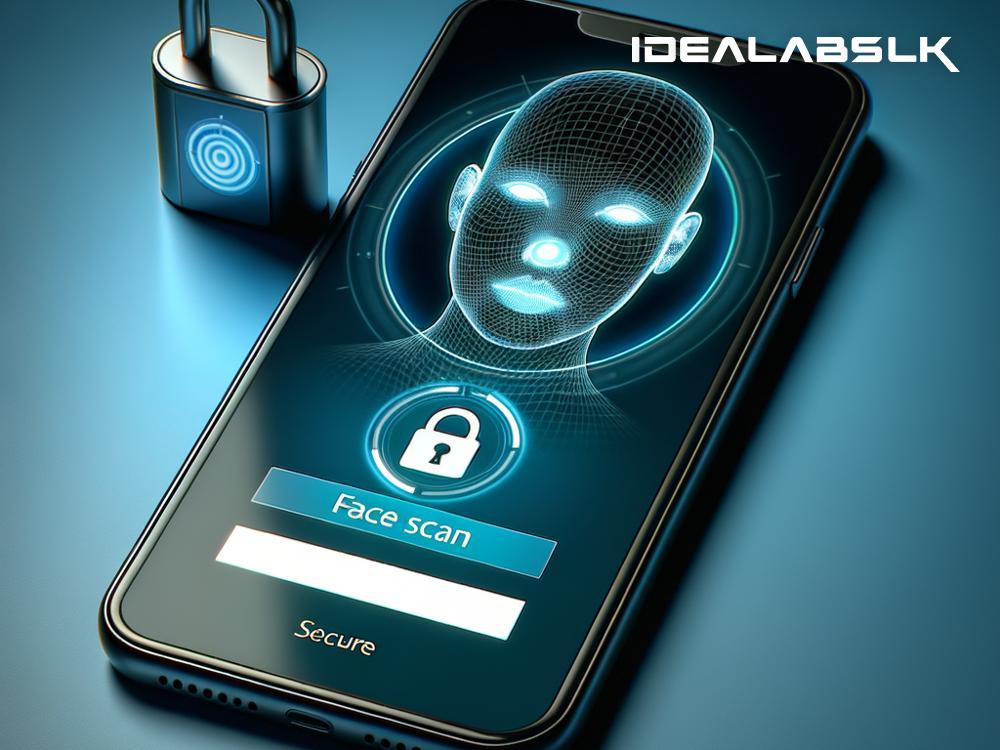How User Authentication Software Enhures App Security
In today’s world, where our lives are intertwined with various applications, security has become a paramount concern. From social media apps to banking ones, they all hold essential pieces of our personal data. Imagine a world where anyone could access your sensitive information just because app security was lax. Frightening, isn't it? This is where user authentication software comes into play, enhancing app security by leagues. But what exactly is user authentication software, and how does it work to protect both you and your data? Let’s break it down in simple English.
What is User Authentication Software?
In essence, user authentication software is like a bouncer for your app. Its job is to verify who you are before letting you in. It ensures that only the rightful user—meaning you—can access your account and the information within it. Think of it as showing your ID before entering a club; if the ID matches, you’re in. It’s a critical first step in safeguarding your data within any app.
The Mechanisms of Authentication
In general, user authentication software relies on one or more of the following mechanisms:
- Something You Know: This is something only you should know, like a password or a security question answer.
- Something You Have: This involves something you possess, such as a smartphone, where you can receive a code via SMS or use an authentification app.
- Something You Are: This refers to biometrics, like your fingerprint, facial recognition, or even your voice pattern.
Using these mechanisms, the software can accurately ensure that the person trying to access the app is indeed you.
Enhancing App Security
Now, lets dive into how user authentication software actually boosts app security:
1. Blocks Unauthorized Access
The primary function of user authentication software is to prevent unauthorized users from gaining access to your application. By requiring a form of verification, it acts as the first line of defense against potential intruders. This is crucial for personal apps like email or banking, where sensitive information is at stake.
2. Secures Personal Information
With stringent authentication measures in place, personal information stored within the app is far more secured. It adds layers of protection, making it much more challenging for hackers to breach. This way, even if someone else gets their hands on your phone, they won’t easily access your app data without passing the authentication checks.
3. Provides Customizable Security Levels
Different apps require different security levels. For instance, a gaming app might not need the same level of security as a banking app. User authentication software allows developers to customize security levels based on the sensitivity of the information within the app. This means stronger security measures where it’s needed the most, without inconveniencing the user unnecessarily where it’s not.
4. Aids in Compliance and Trust Building
Many industries have regulations that require stringent data protection measures. Authentication software helps apps comply with these regulations, avoiding potential legal issues. Moreover, by demonstrating a commitment to security, apps can build trust with their users. Knowing that an app takes their privacy and security seriously makes users more comfortable in using and recommending it.
5. Enables Quick Response to Security Threats
In the unfortunate event of a security breach, user authentication can help mitigate the damage. It can prevent further unauthorized access and alert users to change their authentication details. Quick responses like this can significantly limit the impact of a breach.
Conclusion
In a digital age where data breaches seem to make headlines regularly, the security of applications cannot be taken lightly. User authentication software is not just an add-on but a fundamental component that bolsters an app's defense systems. It ensures that accessing an application is a privilege reserved for the rightful user, thereby protecting personal information from malicious actors. Whether it’s through a password, a text message, or a fingerprint, this technology plays a pivotal role in the digital security landscape.
Remember, in a world as connected as ours, your data is as precious as gold. Protecting it starts with ensuring you’re using applications that prioritize your security through robust user authentication measures. So, the next time you log in to your favorite app, take a moment to appreciate the complex security system working quietly in the background, safeguarding your digital life.
By adopting and continually updating user authentication mechanisms, apps not only protect their users but also establish a foundation of trust and reliability that is crucial for digital interactions in the 21st century.

